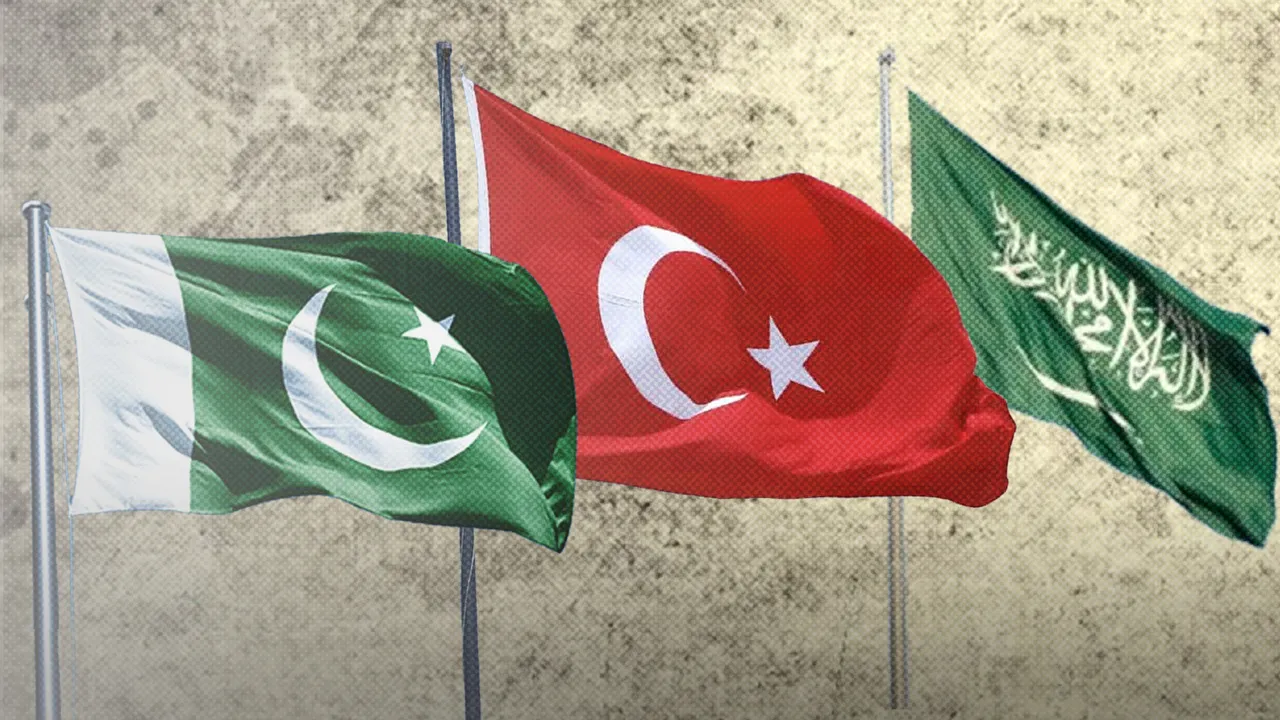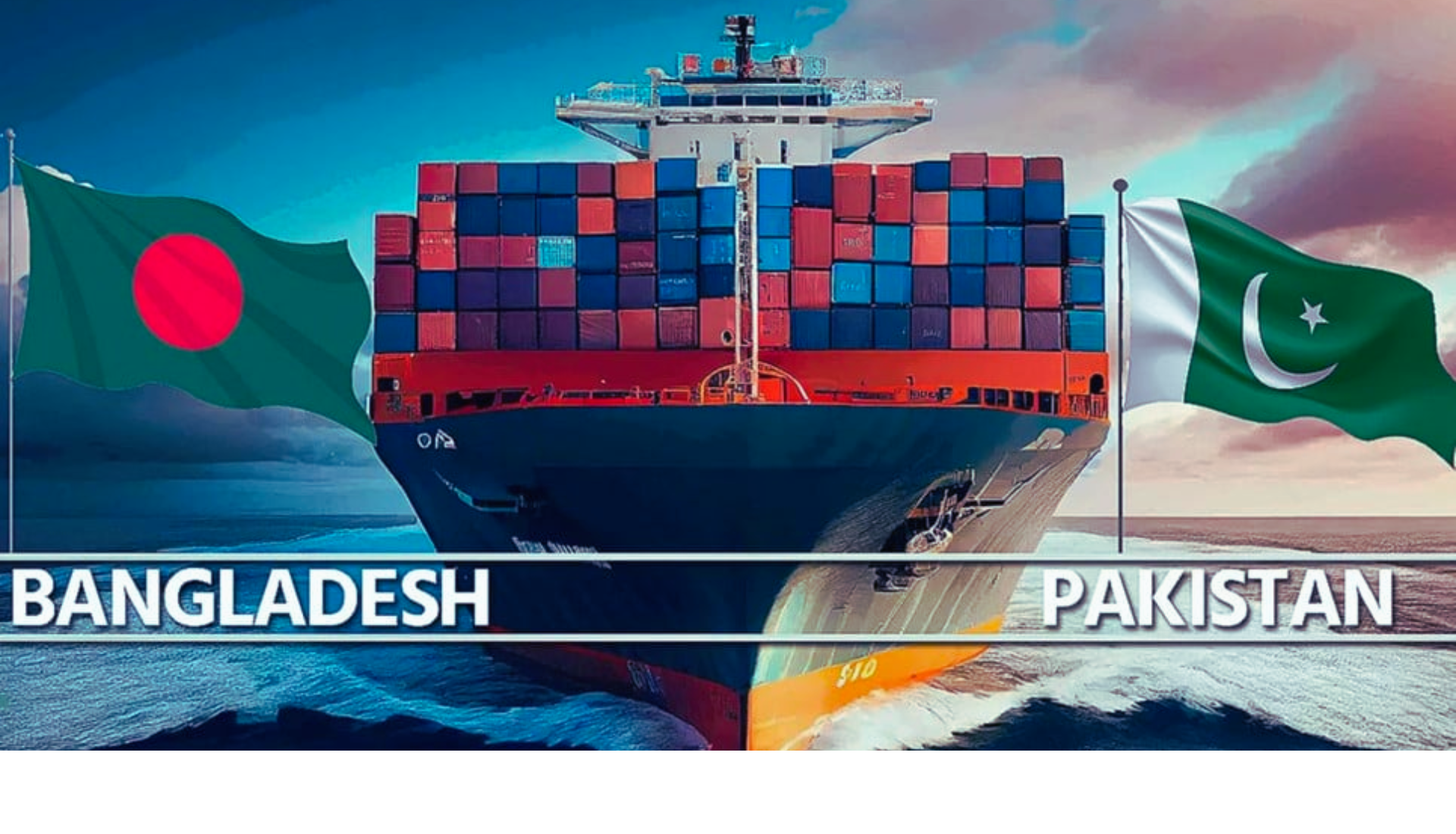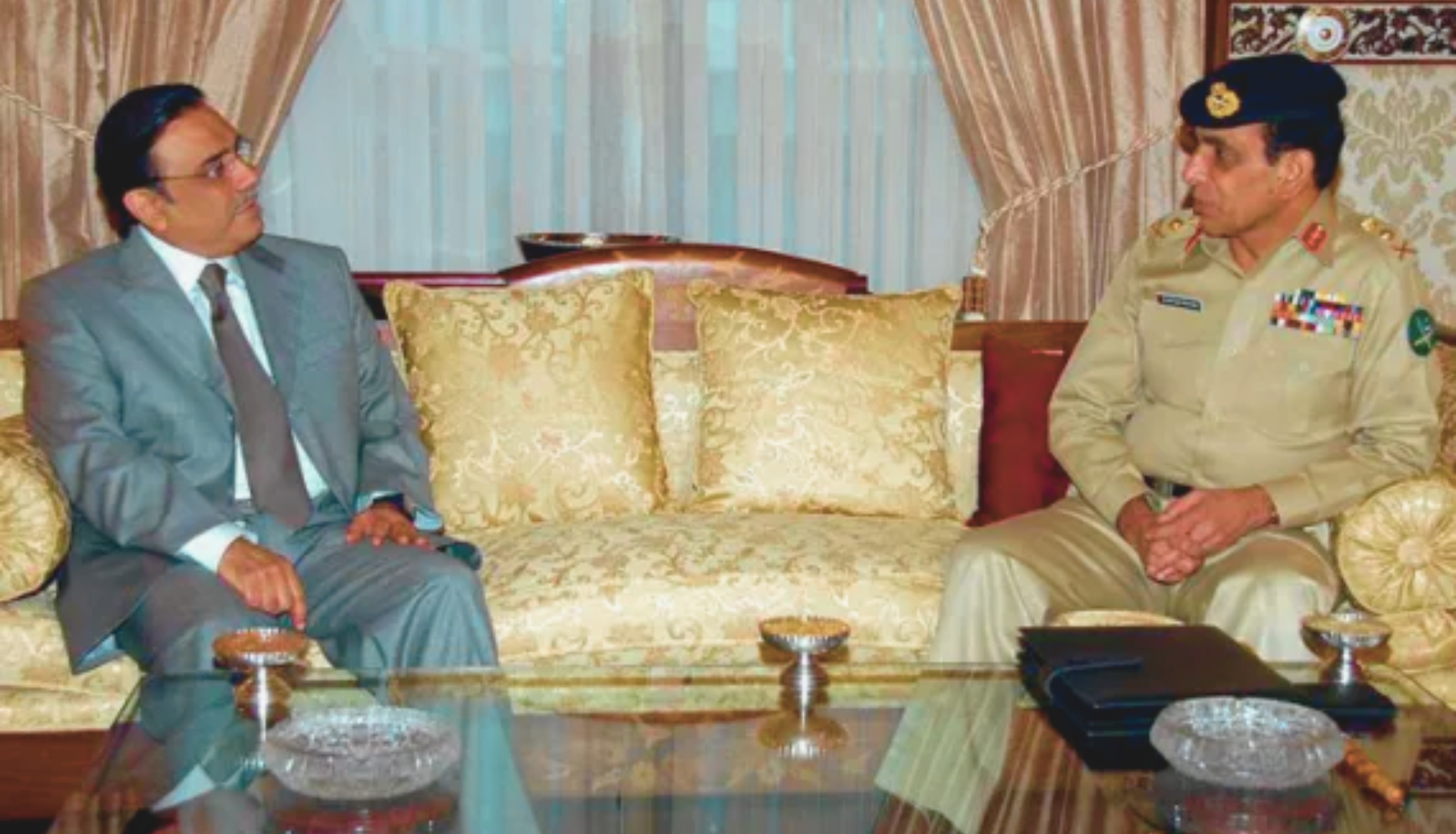ISLAMABAD: Senior officials from Pakistan and Russia on Tuesday agreed to strengthen cooperation in the face of evolving “terrorism” in Afghanistan and the region, Pakistan’s foreign ministry said in a statement.
Pakistan and Russia have both struggled with threats from armed militant groups. Islamabad complains about increasing “cross-border” attacks by the banned Tehreek-e-Taliban Pakistan (TTP) that it says originate from Afghanistan, allegations denied by Kabul.
Russia also faces threats from Daesh militants. On Mar. 22, 2024, a deadly attack at the Crocus City Hall concert venue near Moscow killed over 140 people and injured several. The attack, claimed by Daesh militants, was one of the deadliest in Russia in recent years.
Both sides discussed counter-terror strategies during the 11th meeting of the Pakistan-Russia Joint Working Group to Counter International Terrorism in Moscow on Tuesday. Pakistan’s delegation was led by Special Secretary (United Nations) Nabeel Munir, while the Russian side was led by Deputy Foreign Minister, Sergey Vershinin, for talks that will go on till Wednesday.
“The two sides held an in-depth exchange of views on the global and regional terrorism landscape, with particular attention to the evolving threat posed by terrorism in Afghanistan and the region,” Pakistan’s foreign affairs ministry said.
“The discussions focused around the increasingly transnational nature of terrorism and the growing need for adaptive and cooperative strategies.”
Also See: Russia Warns UN: ISIS May Have Access to U.S. Weapons in Afghanistan
The meeting concluded with both sides reaffirming their resolve to strengthen cooperation amid shared challenges posed by militants. The two delegations also recognized that collective efforts remain essential to maintaining regional and global stability, the Pakistani foreign ministry said.
Both sides decided to hold the working group’s next meeting in 2026.
Pakistan and Russia held the last meeting of the working group on Nov. 16, 2023, during which Moscow and Islamabad discussed national strategies and measures in combating “terrorism.”
The platform provides both sides an opportunity to share their experiences and best practices in battling militancy.
This news is sourced from Arab News and is intended for informational purposes only.

![Pakistan and Russia vow to boost anti-terror cooperation amid rising threats from Afghanistan and regional militancy. [Image via MOFA Pakistan]](https://southasiatimes.org/wp-content/uploads/2025/04/4594747-916969641.webp)




